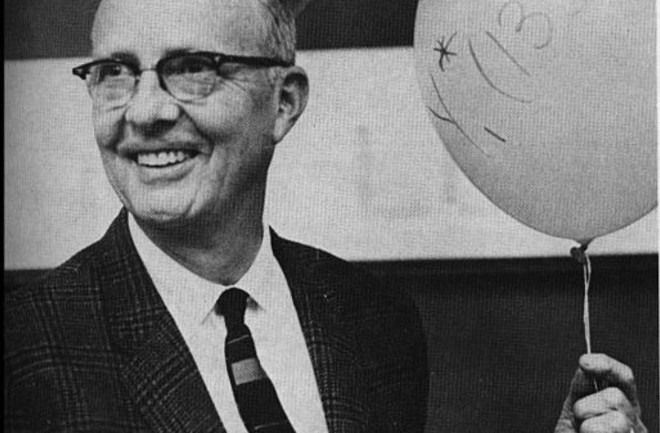The Curies
Pierre Curie (1859-1906) Physicist and chemist
Originally specialized in crystallography, but joined his wife’s research. Their discovery of radioactive elements radium and polonium earned them the 1903 Nobel Prize in Physics, shared with Henri Becquerel.
Marie Curie (1867-1934) Chemist and physicist
Won a second Nobel Prize, in chemistry, in 1911, for continued study of radioactive elements.
Irène Joliot-Curie (1897–1956) Chemist
Shared the 1935 Nobel Prize in Chemistry with her husband for research on radioactivity and for creating the first artificial radioactive element, phosphorus.
Ève Curie Labouisse (1904–2007) Writer, journalist and diplomat
Best remembered for writing Madame Curie, a best-selling biography of her mother.
The Alvarezes
Luis Fernandez Alvarez (1853–1937) Physician
Developed a better way to diagnose the macular form of leprosy.
Walter C. Alvarez (1884–1978) Physician
Pioneered the study of the stomach’s electrical activity and founded electrogastrography, a non-invasive technique for diagnosing certain digestive conditions.
Luis Walter Alvarez (1911–1988) Physicist
Contributed to the Manhattan Project and several key government radar projects in World War II; won the 1968 Nobel Prize in Physics for work on a liquid hydrogen bubble chamber.
Walter Alvarez (1940– ) Geologist
Along with his father, developed the hypothesis that an asteroid impact wiped out the dinosaurs.
The Leakeys
Louis Leakey (1903–1972) Archaeologist and paleoanthropologist
Key figure in advancing the theory of our African origins; also promoted primate field research and helped Jane Goodall get her start.
Mary Leakey (1913–1996) Archaeologist and paleoanthropologist
Sometimes working with Louis and sometimes on her own, made several major hominin finds, including Homo habilis, our distant ancestor.
Colin Leakey (1933– ) Plant biologist
Currently a leading expert on the genetics of beans.
Richard Leakey (1944– ) Paleoanthropologist
Primarily known for coordinating several important African digs, his leadership of Kenyan cultural and wildlife conservation groups, and his positions in Kenyan government.
Meave Leakey (1942– ) Paleoanthropologist
Has led teams in Africa’s Turkana Basin that have discovered new hominin species.
Louise Leakey (1972– ) Paleontologist and anthropologist
Heads the Koobi Fora Research Project, which focuses on finding human fossils in the Turkana Basin.
The Herschels
Sir William Herschel (1738–1822) Astronomer
Besides discovering Uranus and making many other astronomical observations, was the first to map the Milky Way’s disk-like shape.
Sir John Herschel (1792–1871) Astronomer, mathematician, chemist and photographer
Among many other things, helped found the Royal Astronomical Society; made significant contributions to cataloging the Southern Hemisphere’s night sky and to the field of photography.
Caroline Lucretia Herschel (1750–1848) Astronomer
Valuable assistant to her brother and an astronomer in her own right: Her discoveries include eight comets.
Alexander Stewart Herschel (1836–1907) Astronomer
Made many observations of astronomical objects, including meteors and comets.
William James Herschel (1833–1917) British officer
One of the first people to use fingerprints for identification.




